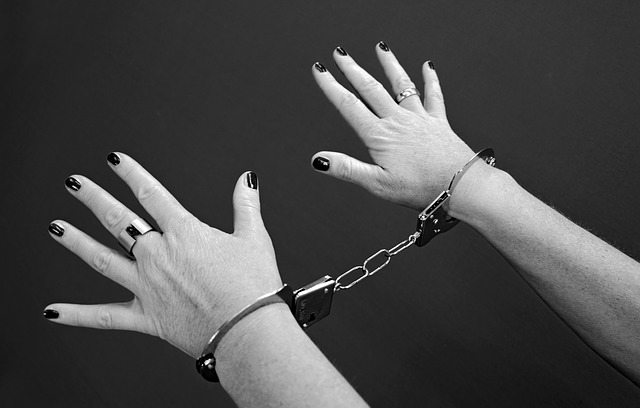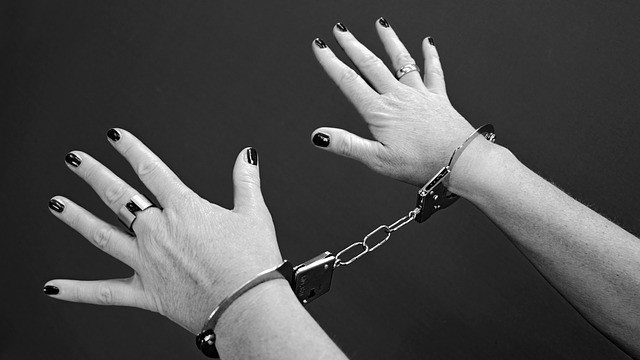 The Wyoming Department of Corrections and the University of Wyoming are cooperating on a project that may lead to a long-term plan to provide education and other services to currently and formerly incarcerated women in Wyoming, according to a UW release.
The Wyoming Department of Corrections and the University of Wyoming are cooperating on a project that may lead to a long-term plan to provide education and other services to currently and formerly incarcerated women in Wyoming, according to a UW release.
The Department Of Corrections encouraged faculty in the UW Gender and Women’s Studies Program to develop the Wyoming Pathways from Prison Project to identify needs and develop the plan. UW researchers conducted in-depth interviews with more than 70 incarcerated women and women on probation to determine challenges to community reintegration faced by women at the Wyoming Women’s Center in Lusk.
This collaboration included Gender and Women’s Studies faculty members Cathy Connolly, Susan Dewey and Bonnie Zare, along with Rosemary Bratton, founder and director of the Hilde Project that provides education and support services for disenfranchised women, and American studies graduate student Rhett Epler.
“These are women who have landed harder than most of us have when we made our bad choices,” Dewey says. “As a community, we need to think about ways to provide support, and I think we can do it in the long term. As part of our (UW’s) mandate to serve the state, we have an obligation to serve all of our citizens, and we are seeking faculty to commit to this; there are opportunities to offer distance instruction to overcome the travel required to get to Lusk.”
Most women described the events that led to their incarceration as having taken place in the context of financial stress, restricted work opportunities, rural challenges and limited resources available to treat compromised mental and physical health and meet basic needs.
“Limited work opportunities, particularly in isolated rural areas where male-dominated resource extraction industries offer the only jobs that pay a living wage, compounded these challenges in ways that incarcerated women anticipated would worsen upon their release due to felony-related employment discrimination,” the UW professors wrote.
Many participants suggested ways to improve the few classes available in the prison and cited the need for more educational opportunities including college classes.
Among their recommendations:
— Use the currently unused Mother and Child unit, possibly as a work release unit.
— Examine staffing needs particularly with respect to caseworkers and counselors.
— Provide an intimate partner violence/domestic violence class.
— Provide more regular access to the outdoors and outdoor exercise.
— Facilitate ways to keep women in regular communication with their children.
— Revisit the passing and receiving and touching rules and the consistency of staff enforcement of them.
— In ACC (adult community corrections, a halfway house where people are either still serving their sentences or on parole) buildings, consider designating a few hours per week women-and-children only in the visiting areas.
— In ACCs, provide affordable transportation so that workers fulfill their work-related obligations and goals.
— Connect women with a network of 12 Steps sponsors ready to support those women who are in recovery.
— Offer more formal and informal educational opportunities, including college classes.
— Increase relevant job training and placement opportunities for well-paying jobs upon release.


